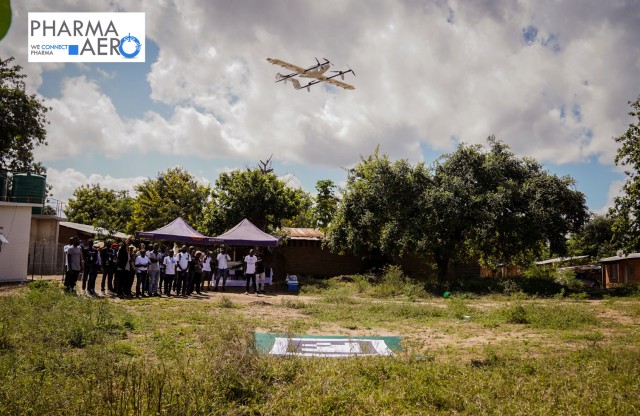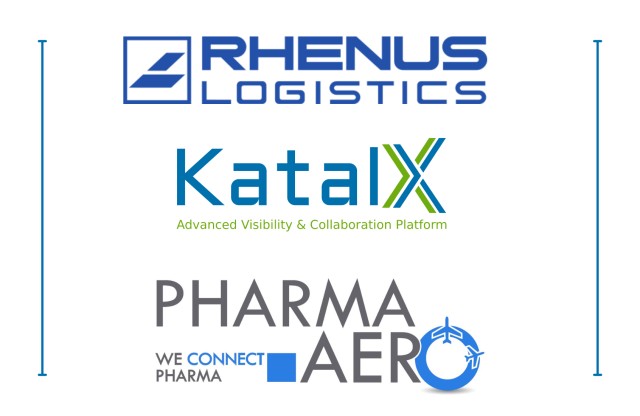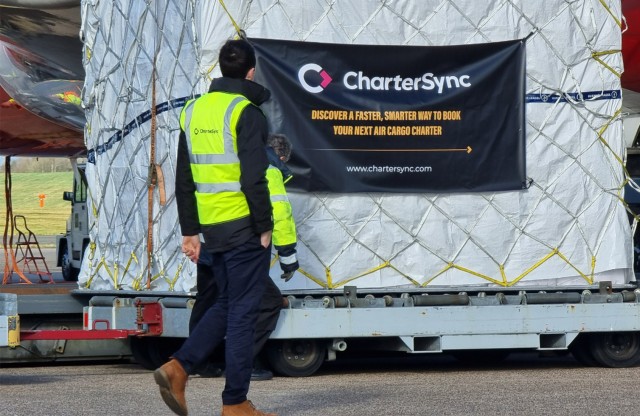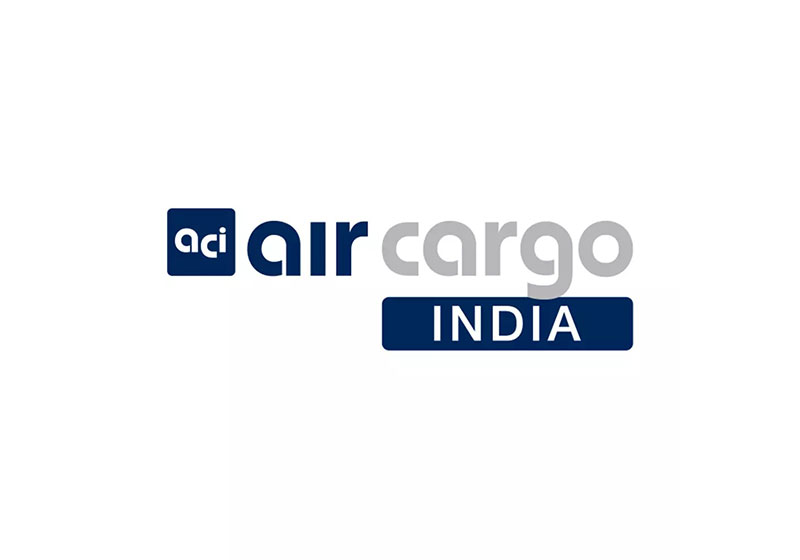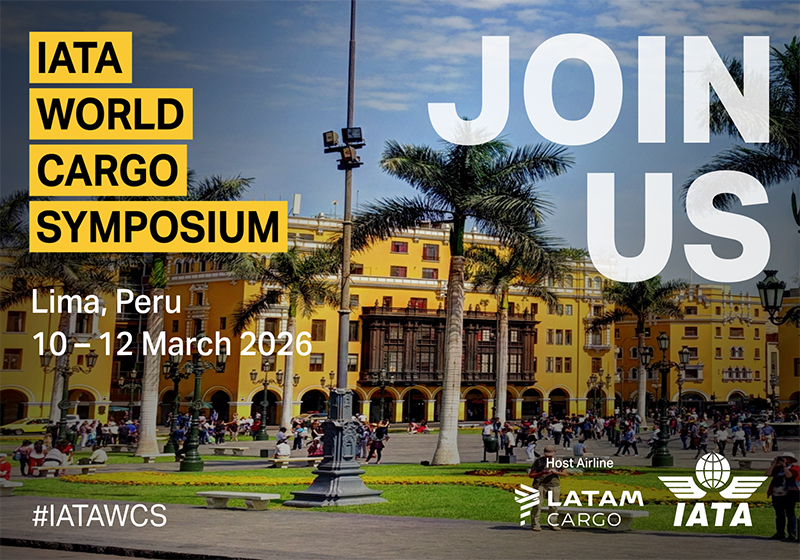Pharma.Aero has published the White Paper of the latest UAV Project phase that explored the use of drones (UAVs) and its potential as part of the Life Science and Medtech logistic chain, thus interconnecting the traditional and modern airfreight worlds.
In the final part of the project (WP3), the project team investigated an industry case that includes drones in the multimodal process of transporting vaccines with strict cold-chain requirements from the factory in Europe to patients in hard-to-reach regions of Malawi.
In remote areas of Africa, it often takes three days to deliver medicines (by canoe) or to pick up a blood sample and take it to the lab. A drone can do it in less than an hour. In many places in Africa, it takes 4 hours to deliver Oxytocin in an emergency, when the life of a mother giving birth is at risk. A drone can save her life in under 20 minutes.
The lifesaving drones have become a common sight in remote areas of Africa, where people have little if any access to the health care they need and deserve. From the first drone flight on the continent, in 2016, to the world's first drone delivery of a COVID vaccine with strict cold chain requirements, in Ghana, Africa has proven to be a global leader in the field of drones.
The project's goal is to offer unprecedented insights by mapping the vaccines' journey from factory to patients and explore modalities of further integrating the drones. The project team investigated potential directions of optimizing the logistics, thus identifying relevant aspects and factors to be taken into consideration for further research on how and where UAVs are most valuable to the supply chain system.

